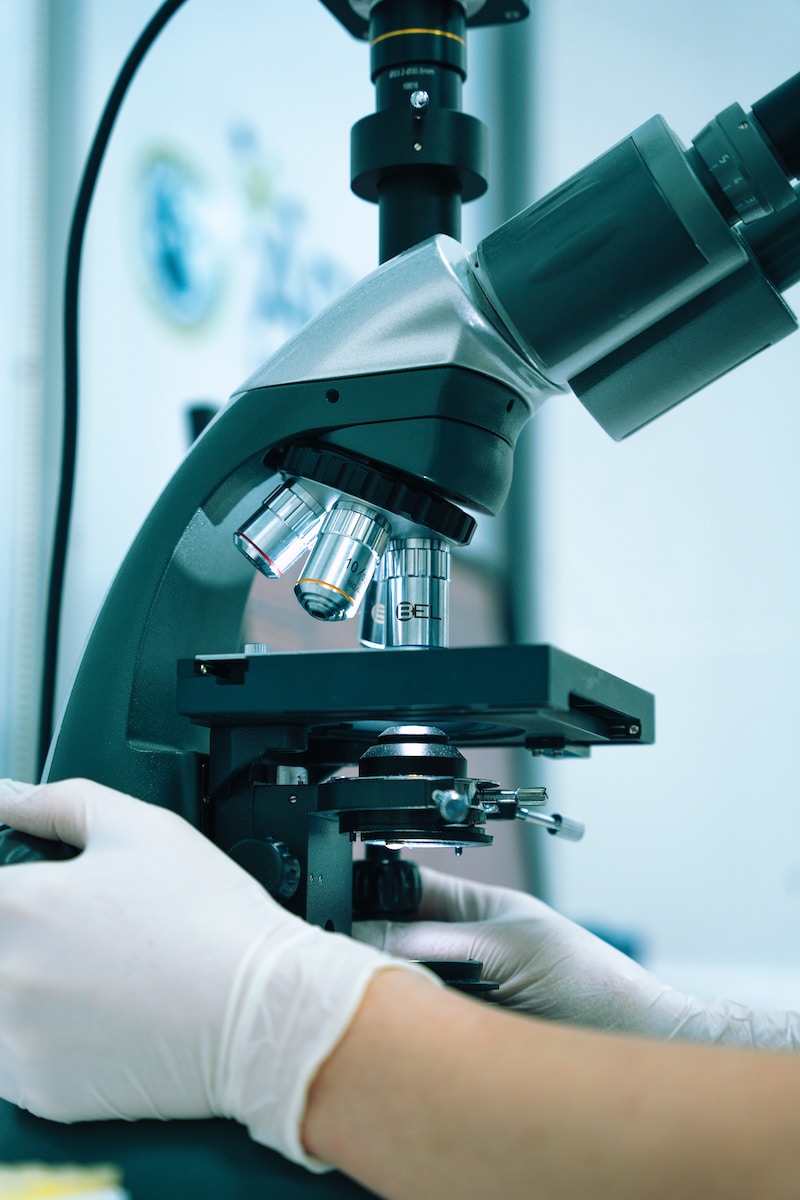When it comes to fertility, both male and female partners should be investigated thoroughly. To get a full understanding of male fertility, there are several tests and investigations which should be considered. In conjunction with a thorough medical history, the following tests may be advised:
Semen analysis:
Semen analysis, also known as a sperm test, looks at the quality and quantity of sperm in a man’s ejaculate. This is the single most important test when considering a man’s ability and likelihood of fathering a child.
This test is suggested for anyone trying (or thinking of trying) for a baby, especially if you have been trying to conceive for more than 6 months and/ or the female partner is over 30 years old. During a semen analysis, we will examine your:
- Sperm count – How many sperm are in your ejaculate. Lots of sperm are needed for conception.
- Sperm motility – How many of your sperm are moving. Your sperm need to be swimming fast for pregnancy to occur.
- Sperm morphology – How your sperm look. This is important for fertilisation.
We also perform tests not routinely offered by the NHS. These additional assessments are necessary to establish your fertility potential and we include them as standard. These tests include:
- MAR testing – Looks for antibodies which could cause your sperm to stick together and make conception more difficult.
- White blood cells – A high number of white blood cells in a sample could suggest an infection is present. This doesn’t necessarily mean an STI, but infections of any kind can affect fertility.
- pH – How acidic or alkali your semen sample is. An abnormal pH could suggest an obstruction or infection.
DNA Fragmentation test:
A DNA fragmentation test looks inside your sperm to assess the quality of its DNA. This test tells us whether there is any DNA damage (fragmentation) in your sperm, which is important information we can’t get from a semen analysis alone.
Research shows that sperm DNA quality is an essential factor for pregnancy. Therefore, DNA fragmentation testing is fast becoming the go-to assessment to understand a man’s fertility on a deeper level. DNA is the code of life. So, if the sperm’s DNA is damaged, it reduces the chance of pregnancy and a healthy baby. Research shows that high levels of DNA fragmentation in sperm is associated with infertility, failure of IVF treatment, and early miscarriage.
A DNA fragmentation test can detect male fertility issues that may be missed during a traditional semen analysis. We would recommend a DNA fragmentation test for anyone who:
- Has been trying to conceive for one year or more
- Is considering IVF treatment
- Has had unsuccessful IVF treatment
- Has suffered a miscarriage
Semen Culture:
A semen culture test looks for organisms in your semen that could be negatively impacting your fertility. If an infection is found, we will refer you to the care of a urologist (a male fertility specialist) who will provide you with the relevant treatment and support.
We may recommend that you have a semen culture test for numerous reasons, including:
- A high concentration of non-sperm cells is found during a routine semen analysis
- Your sample shows evidence of anti-sperm antibodies during a routine semen analysis
- A high (alkali) pH is found during a routine semen analysis
- Your clinical/ fertility history suggests you may have an infection
- You have clinical symptoms of an infection
Although the above may suggest an infection, the signs are not always so obvious. You could have a genital tract infection without any outward symptoms. Consequently, a semen culture test is always a useful elimination tool to make sure you don’t have an infection that’s negatively impacting your fertility.
The semen culture test checks for some sexually transmitted infections (STIs), but also looks for the presence of other pathogens that are not necessarily contracted through sex. Infections of any type can negatively affect fertility.
Semen Microbiome Test:
A microbiome is a collection of all the tiny organisms (e.g., bacteria and viruses) that live in or on our bodies. You may well have heard of the gut microbiome, but did you know that your genital tract has a microbiome too? It’s important to keep your genital tract microbiome healthy as an unhealthy microbiome could negatively impact your fertility.
There are many ways an infection can arise in the genital tract, many of which have nothing to do with sexually transmitted infections (e.g., chlamydia or gonorrhoea). However, no matter how the infection began, it’s important to identify and treat it as soon as possible.
The male microbiome test examines a semen sample to look for a comprehensive list of microorganisms that could negatively impact fertility. If any infections are found, we will refer you to a Urologist who will be able to make your microbiome healthy again. We would also recommend testing your partner’s microbiome to ensure this is healthy and free from infection too.
Not all infections have obvious symptoms so it’s often not possible to know you have an unhealthy microbiome without performing a test. Male microbiome testing may be particularly useful in the following scenarios:
- A semen analysis finds you have a high number of ‘non-sperm’ cells in your sample, as this could suggest that you have an infection.
- A standard semen culture test doesn’t find an infection, but you have clinical signs of infection e.g., pain following sex or during urination, abnormal discharge, or an unpleasant smell.
- Your partner suffers from recurrent genital tract infections.
- You have sperm DNA fragmentation/ oxidative stress that is thought to be caused by infection.
- You have had recurrent, unexplained, implantation failure.
- You have had unsuccessful IVF cycles without a known cause.
Other male fertility tests which may give a more complete picture include:
- Diagnostic Zymot testing
- Testicular ultrasound scan
- Male hormone profile (FSH, LH, prolactin, and testosterone)
- Genetic testing (Y chromosome microdeletions and cystic fibrosis)
- Karyotyping (checking the number and structure of the sex chromosomes)
- Screening tests for fertility treatment (Hep B, Hep C, and HIV)





